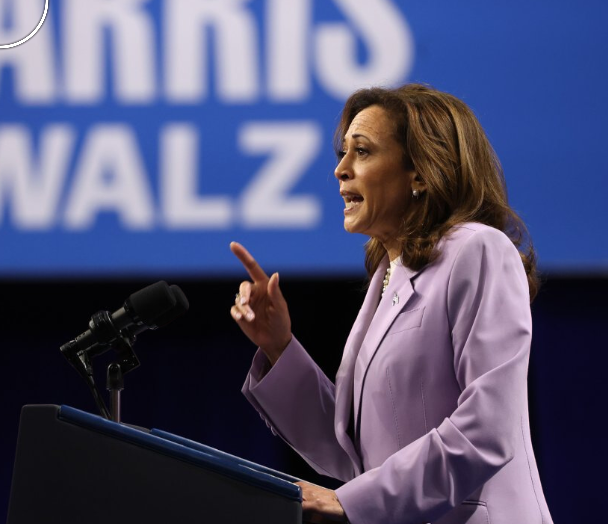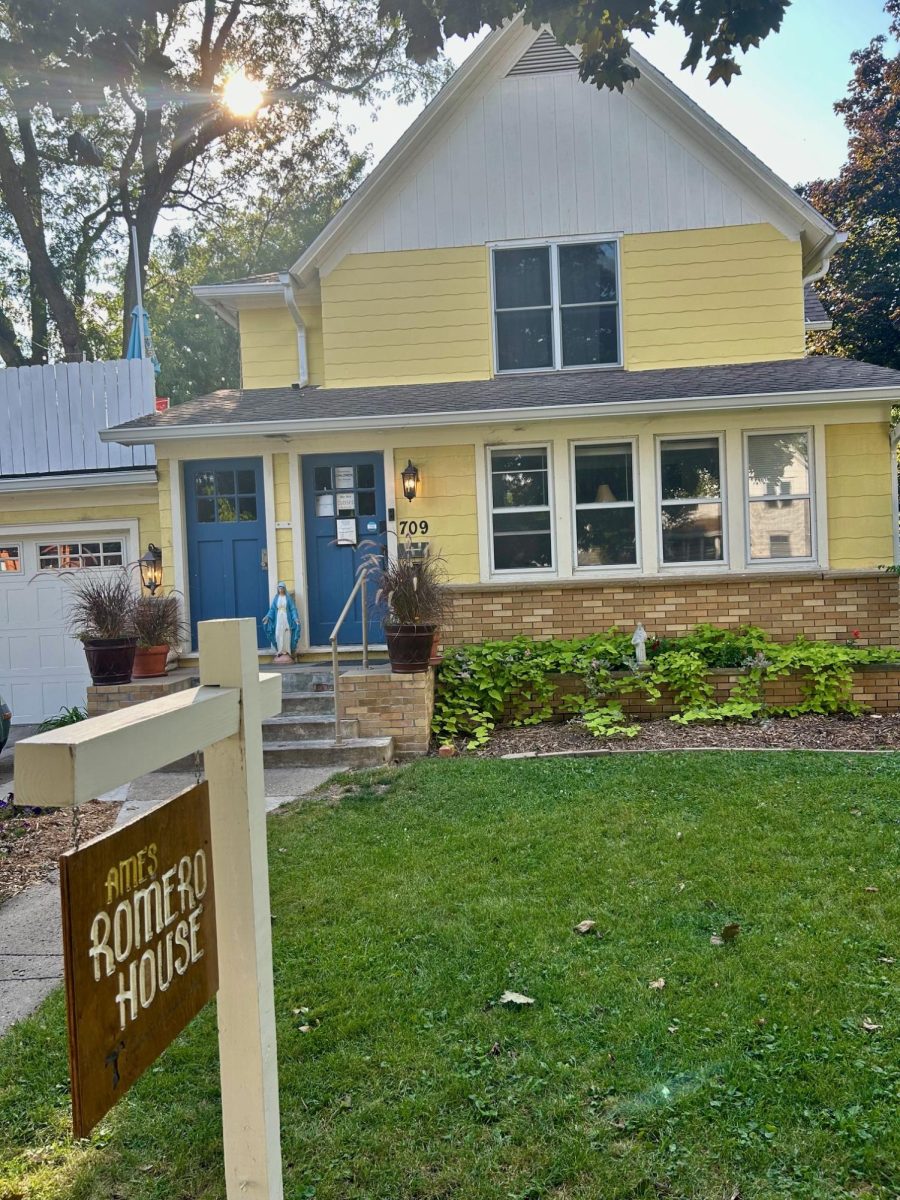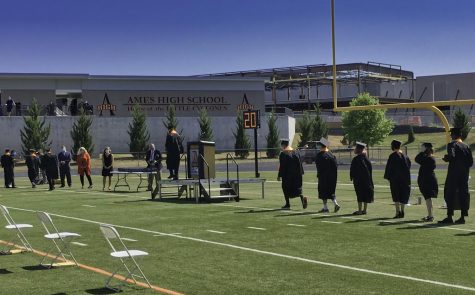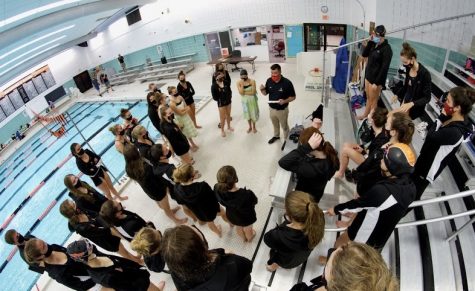Let’s Talk About the P-Word
(Photograph by @berniesanders on Instagram, January 26th)
Joyful students from AHS took the opportunity to meet and hear from Bernie Sanders prior to the caucus.
Young Americans for Freedom. Ames High Young Democrats. Ames High for Bernie. Voter registration drives. AP Gov. One might assume with all this in-school politics, we could all decide our opinions and be well-informed. Yet, if you truly begin to think about it, when was the last time you discussed politics? Certainly not in the classroom. Students are future voters, yet they rarely get an opportunity to discuss what is occurring in the government. Unfortunately, many students simply end up absorbing what they hear at home as gospel, never forming their own thoughts. Being ignorant should not be an option in a democracy, where informed citizens are necessary for electing the best leaders. Therefore, more time in school should be devoted to politics as informed voting helps society, and students benefit greatly from learning to run political discussions.
As Elizabeth Warren loves to remind us at the end of her ads, the first caucus takes place in Iowa. Candidates come streaming into Iowa by the masses, and Iowans are provided with a unique opportunity to hear directly from those running for office. With the whole nation watching, Iowans have a duty to be well-informed. The more informed the voters are, the more successful the outcome for the country is, as told by Claudia Chwalisz in her book: The People’s Verdict: Adding Informed Citizen Voices to Public Decision-making, which outlines how citizen involvement in politics can “lead to more effective policy making and, in the longer term, restore legitimacy [to the government].” After spending five days a week at school, we might as well get time in class to become more productive members of our democracy.
Political discussions in the classroom also prove to be extremely valuable to students as the process of deliberation teaches them critical skills used to make decisions, and applies directly to the social studies curriculum. By discussing political issues with fellow classmates, students are better suited to understand the arguments of an opposing side with an open-mind, and respond to such counterpoints logically. In an era of such polarity, this value of such a skill cannot be overemphasized.
Now, the question comes down to, what time is available for the discussion? AP Government does a fantastic job of giving students a chance to discuss with their peers in class. After all, politics is essentially the purpose of the class. But what cannot be overlooked is that all social studies classes, whether it may be econ or history, have been shaped by politics. Current politics will become history, and current politics will shape our economic setting. Therefore, in-class discussion should not be reserved for seniors. Further, time constraints should not be an issue, when the spirit of the class should be valued more than following curriculum (well, that’s a discussion for another time).
After months of being bombarded with “I’m Pete Buttigeig and I approve this message,” or “I’m Bernie Sanders and I approve this message,” shouldn’t we at least be able to decide whether or not WE approve their message? For every Tom Steyer ad in between a Youtube video, shouldn’t you be able to decide whether to roll our eyes or nod along as he declares that Trump is a “fraud and a failure”? It’s time for us to form opinions and discuss the world around us. Let’s bring politics into the classroom.
Your donation will support the student journalists of Ames High School, and Iowa needs student journalists. Your contribution will allow us to cover our annual website hosting costs.

Sophia Cordoba is a senior at Ames High, and more importantly, Editor-in-Chief of the Web. Amongst other things, she enjoys keeping up with the news despite...
























